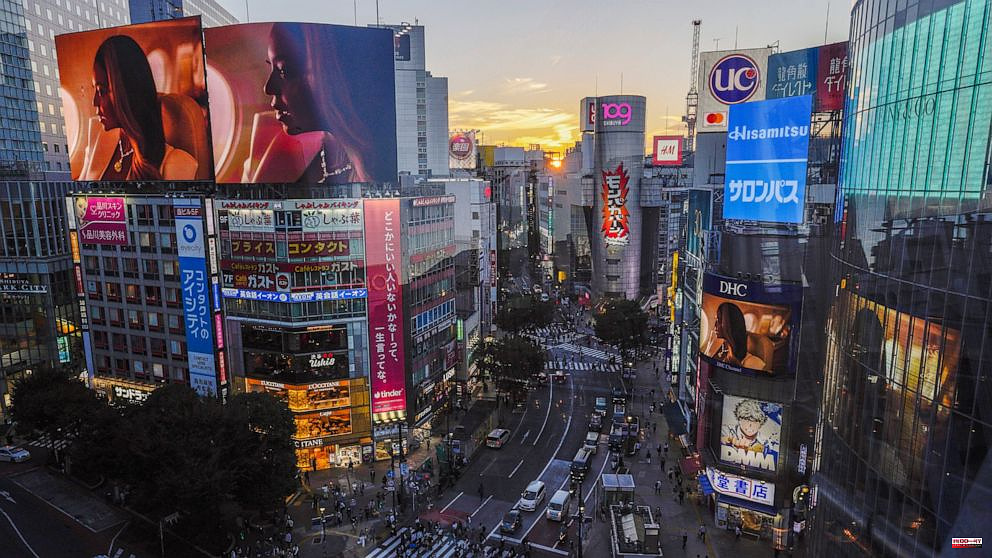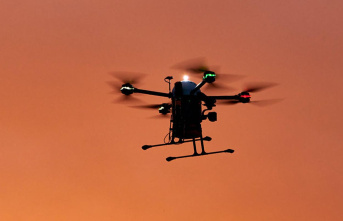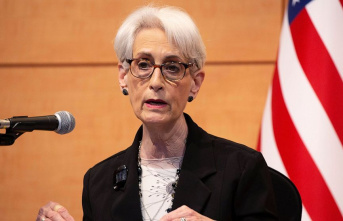TOKYO -- Japan's economy contracted in the first quarter but at a slower rate than previously estimated, the government announced Wednesday.
According to Cabinet Office data, the world's third largest economy contracted at an annual pace of 0.5%. This was less than the 1.0% contraction that was reported in May in the preliminary estimate of Japan's real GDP.
The annual rate represents how much the economy would have grown, if the quarterly rate was to continue for one year. Japan's economy contracted 0.1% between January and March from the previous quarter. This is better than the 0.2% quarter on quarter contraction in preliminary data.
The consumer spending and private demand were stronger than we thought.
Analysts were delighted by the upward revision.
Robert Carnell, regional head for research Asia-Pacific at ING said that while we expect GDP to rebound in the second quarter, primarily due to improved private consumption, but higher inflation on commodities would likely limit real gains."
Growth should be boosted by the expected opening of the country to tourists, once COVID-19 infection limits are lifted.
The negative side is that Japan, which imports most of its oil and a lot of its food, has been hit hard by rising energy prices and other commodities partly due to the conflict in Ukraine.
Japan has been fighting deflation for many years. This is a downward spiral in prices. Low wage growth, aging population and a declining workforce have all slowed down economic activity and discouraged corporate investments.
Bank of Japan Gov. Tuesday's apology was from Haruhiko Kuroda for referring to "tolerance for higher price" among Japanese people. This comment was interpreted as welcoming higher costs. Kuroda was interviewed in parliament and told lawmakers that his comment was not appropriate.
Kuroda championed a policy to boost near-zero inflation up to about 2%. However, progress was slow until oil prices and other commodities soared in recent months.
Analysts believe Japan is losing its competitive edge as it hasn’t done enough to foster innovation and open up new growth sources that aren’t hampered by bureaucracies of the past.
The falling value of the Japanese yen is a source of concern. It currently trades at a low of 133 yen per U.S. Dollar, a level that has been seen for 20 years.
A weak currency can be a boon to Japanese exporters by increasing the value of their overseas earnings. However, analysts believe that the weak yen is also indicative of a weak economy. The yen will remain weak for some time due to rising interest rates in the U.S., Japan and other countries, which are near zero.
Fumio Kishida, Prime Minister, is pushing "new capitalism." This strategy aims to jump-start growth through digitization, defense spending and start-up ventures. In English, he declared, "Invest in Kishida!"
Shinzo Abe, Japan’s longest-serving leader, promoted "Abenomics." This was a super-easy lending program that was intended to stimulate inflation and promote growth. Some critics claim that Abenomics failed in building a strong economy, and its pitfalls are partly responsible for the weakening yen.
------
Yuri Kageyama is on Twitter https://twitter.com/yurikageyama












